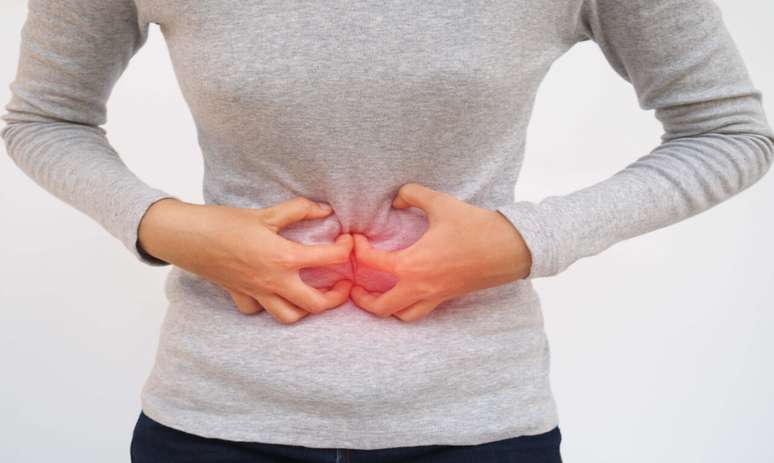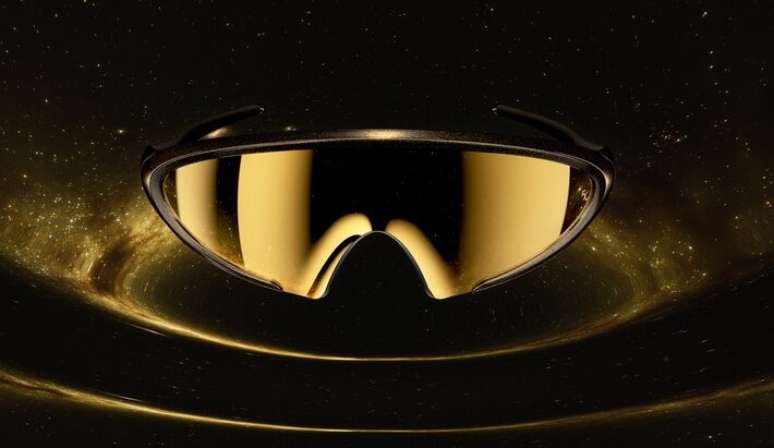Eating habits are closely linked to the onset and treatment of diverticulitis. Find out what options should be included in the diet
Diverticulitis or diverticular disease is an inflammation that occurs in the points of the large intestine where the diverticula are located, i.e. small protuberances that form on the wall of the organ.
Causes
There is not yet a defined cause for the appearance of diverticula, which are present in approximately 30% of people over the age of 50 and in 70% of patients between 80 and 90 years of age, explains Dr. André Augusto Pinto, general surgeon and bariatric surgeon at ABC Gastroclinica.
However, recent research indicates that its development is linked to some risk factors such as heredity, aging, obesity, lack of physical exercise and a diet low in fiber and water.
Symptoms
“In many cases the presence of these structures is asymptomatic. The problem arises when some pieces of feces accumulate inside them, leading to the proliferation of bacteria that generate infections”, explains the doctor.
According to him, this condition is quite common in the Western world, with an estimated incidence in one third of people over 45 and 50% over 80. The main symptoms include:
- Nausea;
- Abdominal pain, especially on the left side;
- Intestinal changes (diarrhea or constipation);
- Blood in the stool;
- Swelling;
- Gas.
“In more severe cases, fever and the patient’s inability to eat may occur. Furthermore, there is a risk of complications, such as intestinal perforation. For this reason, hospitalization is recommended,” warns Dr. André. .
Treatment
Treatment usually involves prescription painkillers and antibiotics. And, when the problem is more serious, surgery may be necessary to drain the abscesses or remove the affected part of the intestine, explains the surgeon.
Diet for diverticulitis
An individual’s eating habits also need thorough investigation as they have a lot of influence. According to the doctor, during an attack of diverticulitis, the patient should follow a liquid or very light diet to reduce stool formation and not overload the intestines.
“At this time, alcoholic beverages, milk and dairy products, spices, energy drinks, including coffee and cola drinks, carbonated drinks and sausages should be excluded from the diet. In addition, it is also recommended to maintain very well hydrated,” he emphasizes.
According to André, after treating the disease you should continue to drink plenty of fluids. “At this stage, the person should have a menu rich in fibre, which is present in fruits, vegetables and cereals. Refined carbohydrates, foods rich in fat and sodium, as well as excess caffeine should be avoided,” recommends the professional.
Source: Terra
Ben Stock is a lifestyle journalist and author at Gossipify. He writes about topics such as health, wellness, travel, food and home decor. He provides practical advice and inspiration to improve well-being, keeps readers up to date with latest lifestyle news and trends, known for his engaging writing style, in-depth analysis and unique perspectives.


-rhglle1pav5j.jpg)


![Everything for pre -light: what you expect to do, July 21, 2025, Monday, July 26 [SPOILERS] Everything for pre -light: what you expect to do, July 21, 2025, Monday, July 26 [SPOILERS]](https://fr.web.img6.acsta.net/img/24/13/241310d0a8c0ae389ee53bcd54759088.jpg)


